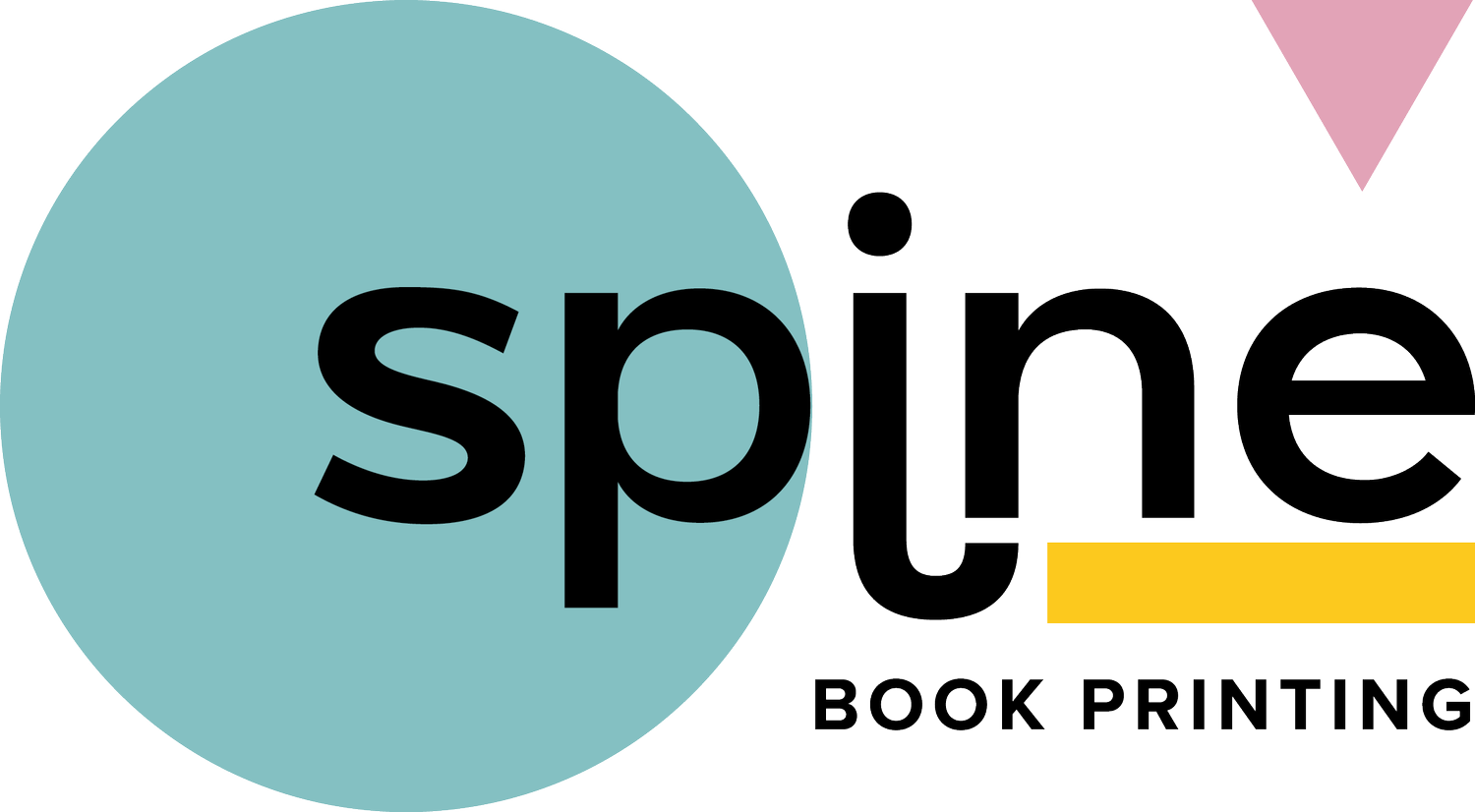Missing Writing Deadlines: Strategies for Recovery
Missing a writing deadline is an experience many writers face at some point in their journey. While it can be discouraging to miss these deadlines, it's important to remember that it's a hurdle most creatives encounter. Life can throw unexpected challenges your way, leading to a delay in completing your manuscript. Whether it's a personal setback or a lack of inspiration, understanding and accepting this challenge is the first step to overcoming it.
Addressing missed deadlines is especially critical for aspiring authors. Meeting deadlines not only helps in maintaining momentum but also ensures your work remains relevant and timely. By learning how to manage setbacks, authors can build resilience and create strategies that turn missed deadlines into opportunities for growth and learning. Recognizing the importance of engaging with these challenges head-on will set the foundation for improving your writing habits and ultimately lead to success.
Assessing the Situation
Understanding the impact of a missed deadline is crucial in planning your next steps. Take a moment to evaluate how the missed deadline affects your overall project timeline. Consider questions such as: How does it shift your launching plan? Does it affect other obligations or collaborations? Recognizing the ripple effect can provide clarity on what needs immediate attention and what can be adjusted.
Identifying the reasons behind missing a deadline is equally important. It could be due to a variety of reasons like unexpected personal commitments, a lack of resources, or even unclear project goals. To pinpoint the cause, try reflecting on your workflow and any patterns or obstacles you faced. Was there a recurring issue that caused delays? Perhaps the initial timeline was overly ambitious, or maybe distractions played a part. Taking time to analyse these factors can guide you in reshaping your approach and implementing methods to tackle similar challenges in the future.
By fully understanding these aspects, you empower yourself to tackle future deadlines with increased awareness and improved strategies.
Strategies for Recovery
Once you understand why you missed your deadline, it's time to set up a plan to get back on track. Start by developing a new timeline that is both realistic and manageable. Break down your tasks into smaller steps and set short-term goals to help monitor your progress. By doing this, you'll soon see your workload as conquerable rather than overwhelming.
During this process, prioritisation is your best friend. Identify which tasks need immediate attention and focus on completing those first. Doing so will help alleviate the pressure and give you a sense of achievement, motivating you to keep going. Remember, taking one step at a time can make a significant difference.
If you're feeling overwhelmed, don't hesitate to seek support from friends or colleagues. Delegating tasks can be a smart move, especially if it allows you to concentrate on your core responsibilities. Collaboration can also bring fresh ideas and perspectives, potentially leading to new solutions you hadn't considered before.
Staying Motivated and Focused
Maintaining motivation is key during your recovery journey. Celebrate each small victory, whether that's completing a chapter, meeting your daily word count, or even brainstorming new ideas. Recognizing these accomplishments boosts your confidence and keeps your spirits high.
Staying focused can often be a challenge, especially with distractions all around. Here are a few techniques to help:
- Set clear, achievable goals for each writing session.
- Find a quiet place where you can write without interruptions.
- Use tools like timers or apps to manage and limit distractions.
- Keep a regular writing schedule to establish routine and discipline.
If motivation starts to dwindle, revisit why you're writing in the first place. What excites you about your story? What impact do you want your work to have? Reminding yourself of these elements will reignite your passion and drive.
Learning from Experience
Reflecting on what led to missing a deadline can be a powerful learning tool. Consider how you can improve your workflow. Were there any signs you overlooked, or could have responded to earlier? Conduct an honest assessment and use those insights to avoid similar pitfalls in future projects.
Implement strategies tailored to your needs and preferences. Simple practices, like setting regular reviews of your progress or using reminder tools, can be surprisingly effective. The goal is to create a system that adapts and evolves with you, enhancing your efficiency over time.
Moving Forward with Confidence
Armed with new insights and strategies, you're now ready to tackle future projects with greater confidence. Embrace the lessons learned and channel your experiences into your next undertaking. Acknowledging your resilience adds a layer of preparedness, adaptability, and foresight.
As you move forward, consider teaming up with reliable partners who can streamline aspects of your project, like printing. Having dependable collaborators ensures smoother completion and allows you to focus on what you do best: writing and creating stories that captivate readers.
Remember, staying on top of your writing projects is more rewarding with the right help. If you're looking for dependable book printers in the UK to ensure your work gets the quality print it deserves, consider partnering with Spine Book Printing. With their expert services, you can focus on crafting compelling stories while they handle the logistics of bringing your book to life.

